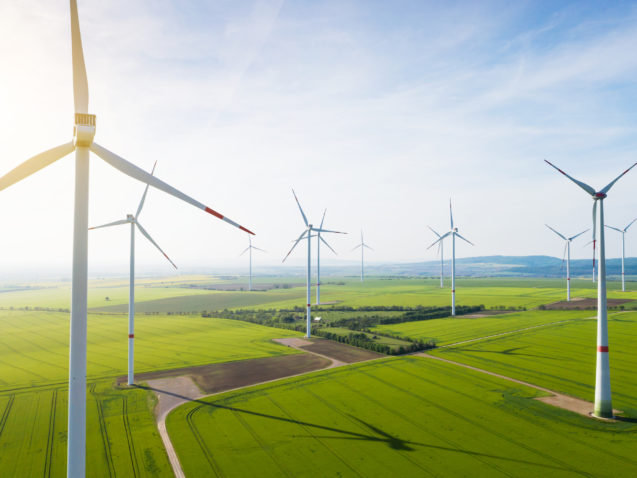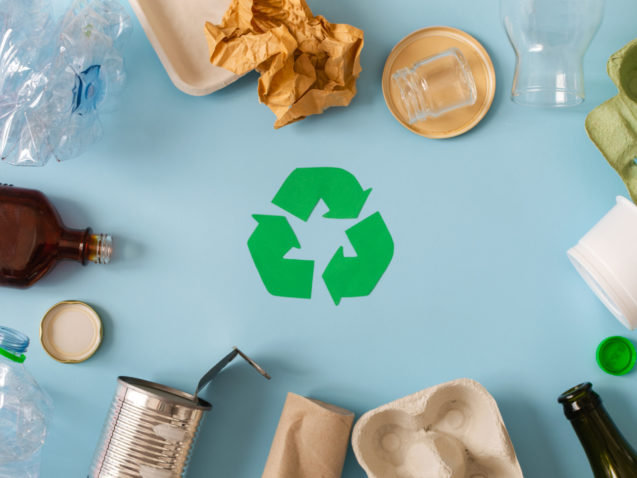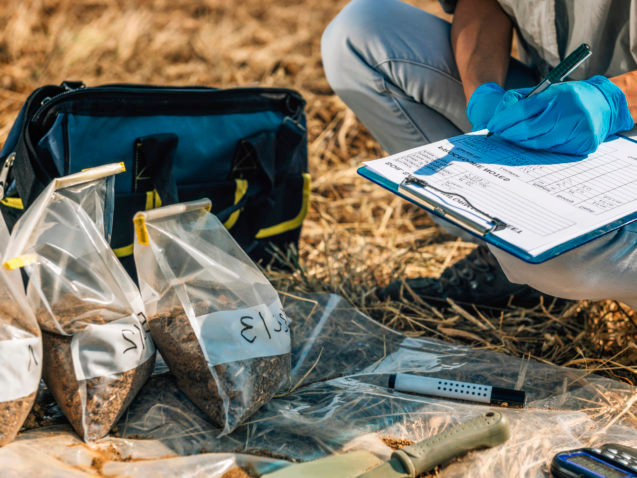The EU is unequivocal in its circular economy ambition – it aims to tackle plastic pollution and ensure all packaging becomes reusable or recyclable by 2030.
As a major user of packaging, the food and drink manufacturers are also committed to this goal.
But there is an elephant in the room.
Currently less than half of plastic packaging waste is recycled, with most of it going to landfill or incineration. Recycling is an economically marginal activity. And there is currently not the investment into infrastructure and technology to solve this problem.
Ahead of the important circular economy vote in the European Parliament’s ENVI Committee, currently scheduled for late January, and continuing discussions among Members States, our industry is clear about what is needed to overcome these challenges and meet the EU’s ambitions:
- Increase EU and Member State investment into waste management infrastructure and recycling technologies, such as chemical recycling, including through the Next Generation EU and the next Multi-annual Financial Framework.
- Establish rules for the safe recycling of plastic materials other than PET into food contact materials. Coordination and alignment between the Circular Economy Action Plan and the food contact materials regulations will be key.
- Develop and strengthen the Single Market for secondary raw materials and guarantee access to food-compliant recycled materials for the food and drink industry.
- Contribute to create a common EU definition of recyclability, based on the potential of the packaging material to be recycled and considering existing and emerging technologies and infrastructure.
- Enhance ‘Extended Producer Responsibility’ schemes to increase packaging waste collection and sorting.
- Support the development of EU information on proper sorting of packaging waste and zero littering to empower consumers to play a role in the green transition.
The food and drink industry is committed to make this succeed. We are working with the plastics value chain, including through the Circular Plastics Alliance and our members will continue efforts to limit the quantity of plastics and packaging they use and to find sustainable alternatives, while always maintaining the highest level of safety of their food and drink products. There are also many voluntary commitments from our members.
But we recognise more needs to be done, and we must work in partnership to achieve our collective ambition.
Our full position on the Circular Economy Action Plan can be found here.






